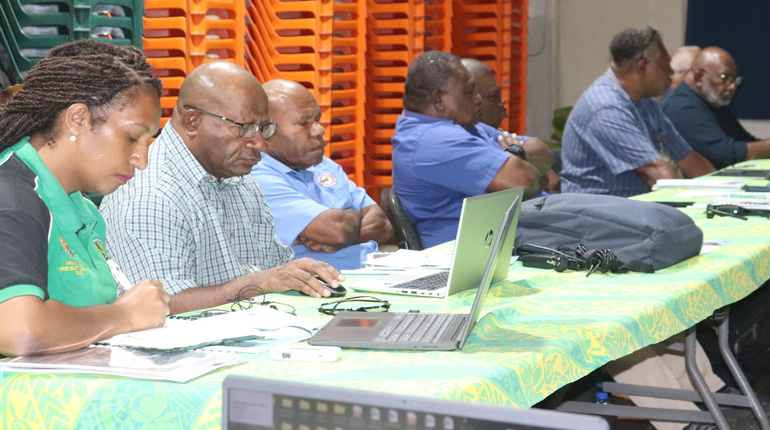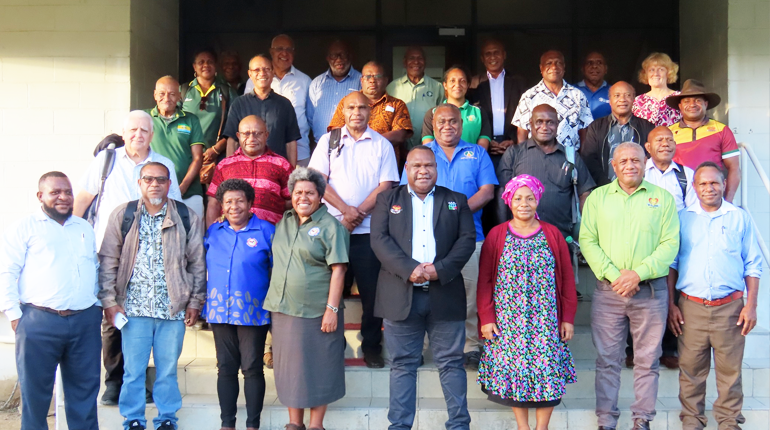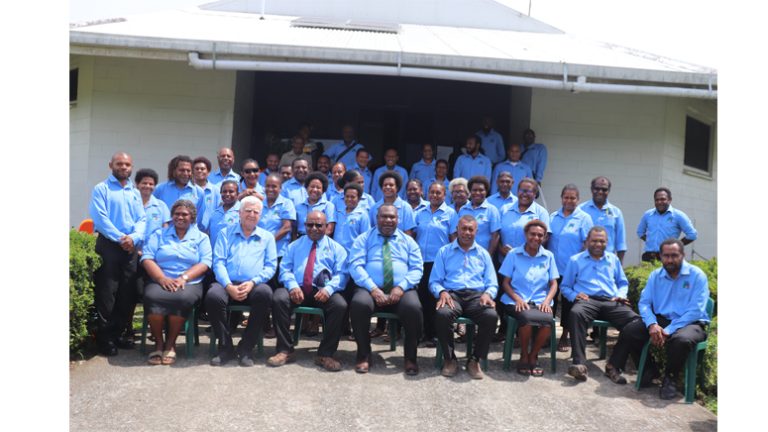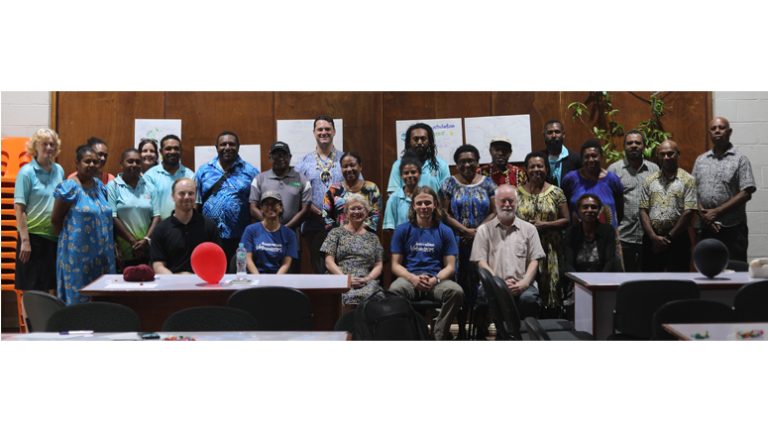Reviving Research and Development in agriculture is critical as the government envisions the agriculture sector to contribute K30 billion to the economy by 2030.
The National Agriculture Sector Plan (NASP), highlighting a shift from subsistence to commercial enterprises, is the roadmap for the sector to achieve this ambitious vision. Comprehensive Research and Development is listed as an Agriculture Priority Area (APA) under the plan.
Operationalising the NASP, the government has tasked the National Agriculture Research Institute (NARI) to facilitate the creation of a National Agriculture Research Systems Policy Framework.
Director General of NARI, Dr. Nelson Simbiken, said the major loophole in the agriculture research space is a policy that clearly defines sectoral participation and investment in research for development.
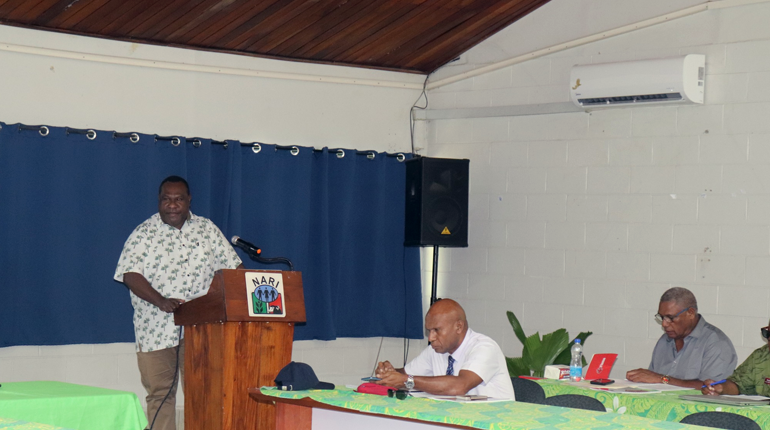
“Research is key for development as it provides vital data that is needed by the government and investors, either small-scale or large commercial entities, to maximise production.
Major investments in research and development in the 70s and 80s saw the creation of the current large-scale Oil Palm production, the famous Ramu Sugar, and coconut among others.
We need to restore the attention for agricultural research,” Simbiken stressed.
As an institution that is mandated to find solutions, NARI has brought together experts from the commodity boards and provincial agriculture representatives for a two-day (July 16–17, 2025) workshop on the NARS Policy Framework.
Joining the team at the Allan Quartermaine Seminar Room at NARI’s Momase Regional Centre are representatives from the World Bank and the PNG Agriculture Commercialisation and Diversification Project (PACD).
The first Technical Working Group workshop was held last month under the guidance of Dr. Miok Komolong. The technical working groups will formulate workable solutions to address challenges in:
- policy research and advocacy
- agriculture commodities and markets
- agriculture extension and information systems
